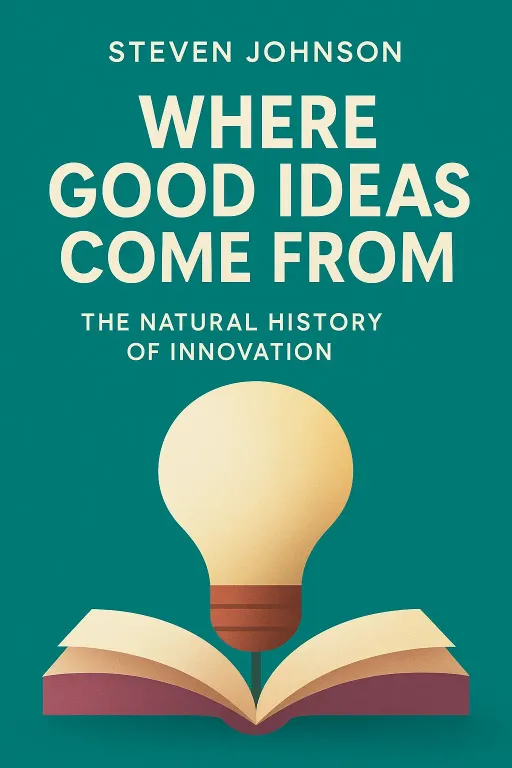
Where Good Ideas Come From
Steven Johnson
Challenging the myth of the solitary 'eureka' moment, Steven Johnson's 'Where Good Ideas Come From' explores the origins of groundbreaking ideas as an evolutionary process. Drawing on diverse historical anecdotes, scientific metaphors, and examples from technology and urban development, Johnson identifies seven key patterns—such as the 'adjacent possible,' 'liquid networks,' and 'slow hunches'—that foster environments ripe for innovation. This book offers a robust framework for understanding not just *what* good ideas are, but *how* and *why* they emerge, providing insights for individuals and organizations seeking to cultivate a culture of creativity.
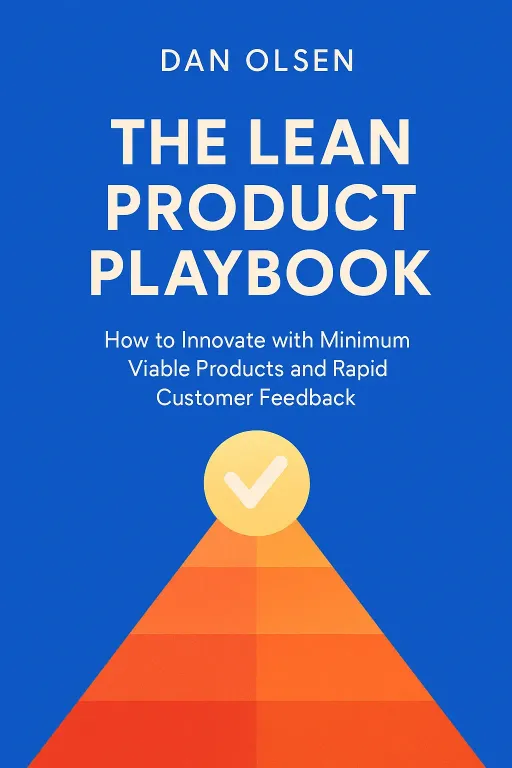
The Lean Product Playbook
Dan Olsen
This book provides a practical, step-by-step guide to applying Lean Startup principles for building successful products that customers love. Author Dan Olsen introduces the Product-Market Fit Pyramid and the Lean Product Process, a six-step framework for determining target customers, identifying underserved needs, defining value propositions, specifying MVP features, creating prototypes, and testing with customers. It delves into essential topics like UX design, Agile development, and using analytics to optimize products, offering a comprehensive playbook for innovators and entrepreneurs aiming to achieve product-market fit and minimize product failure.
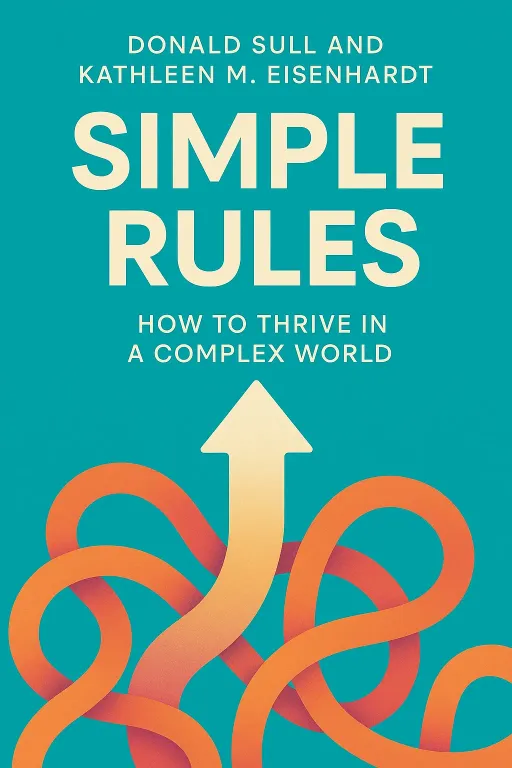
Simple Rules
Donald Sull
In an increasingly complex world, this book argues that simple rules are a powerful antidote to overwhelming complexity. Drawing on diverse examples from military triage and business strategy to personal habits and natural systems, the authors present a compelling framework for understanding, developing, and refining a handful of clear guidelines that enable individuals and organizations to make better decisions, coordinate actions, and achieve goals more effectively. Discover how to cut through the noise and harness the power of simplicity to thrive in any challenging environment.
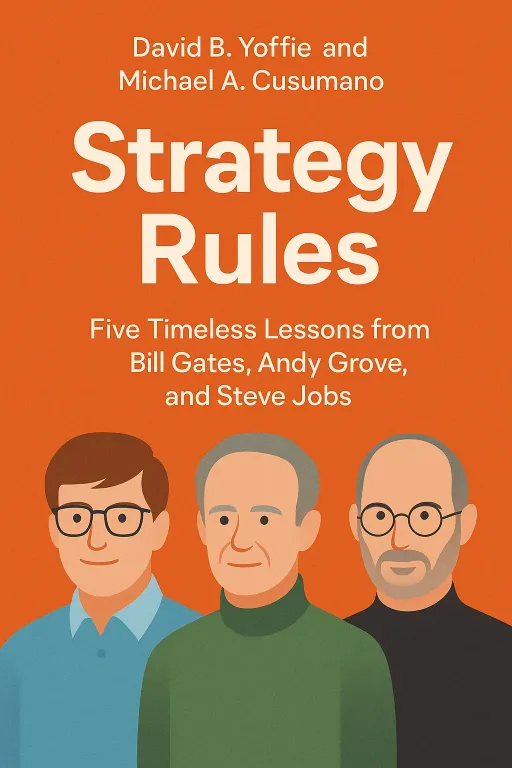
Strategy Rules
David B. Yoffie
Uncover the strategic genius behind three of the most influential figures in modern technology: Bill Gates, Andy Grove, and Steve Jobs. This book distills their collective wisdom into five timeless rules that drove Microsoft, Intel, and Apple to unprecedented success. Through an in-depth analysis of their triumphs and failures, authors David B. Yoffie and Michael A. Cusumano reveal the common frameworks these titans used to master strategy and execution, offering invaluable lessons for leaders and entrepreneurs navigating any dynamic industry.
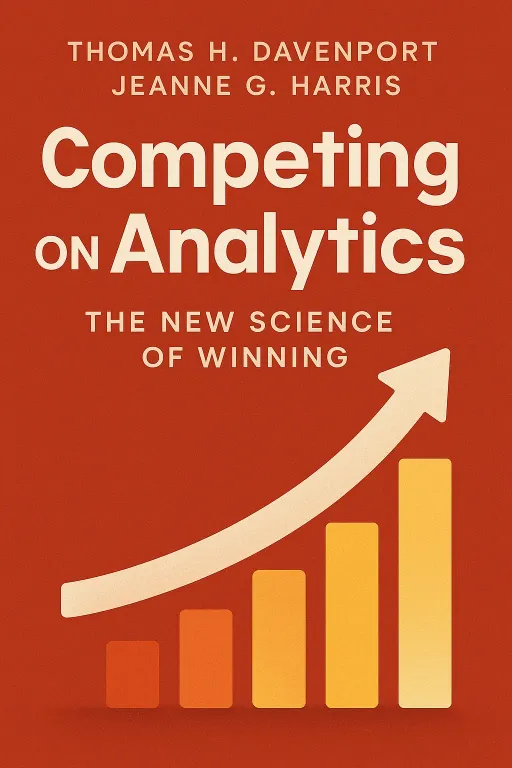
Competing on Analytics
Thomas H. Davenport
This book introduces the concept of 'analytic competition,' arguing that the strategic application of analytics is the key to achieving competitive advantage. It explores where analytical competitors thrive, outlines the steps required to become one, and provides a practical toolkit for companies to assess their analytical maturity and transition towards fact-based decision-making. Discover how to leverage data, statistics, and quantitative analysis to enhance your company's performance and secure a winning edge.
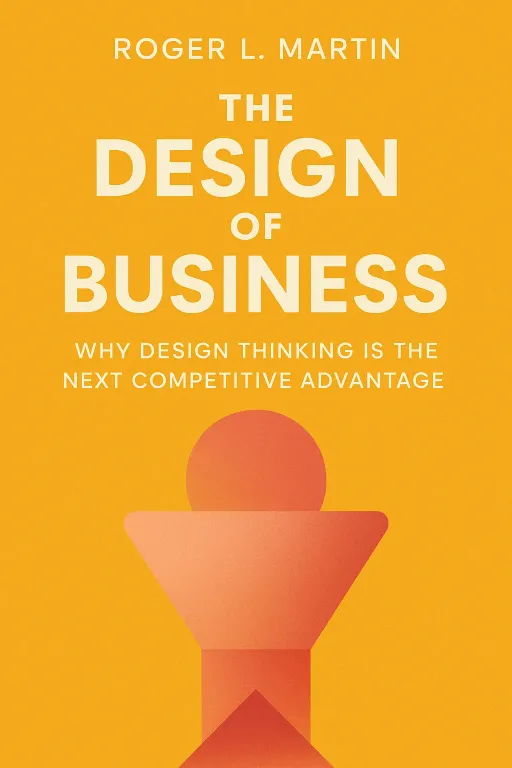
The Design of Business
Roger L. Martin
This book introduces 'design thinking' as the next competitive advantage for businesses. Author Roger L. Martin argues that organizations must reconcile analytical rigor with intuitive creativity to achieve sustainable innovation and efficiency. Through the concept of the 'knowledge funnel'—moving from mystery to heuristic to algorithm—the book illustrates how companies can continuously explore new opportunities while exploiting existing knowledge. Using compelling examples like McDonald's and Procter & Gamble, it provides a transformative framework for leaders to build design-thinking organizations that drive value creation and stay ahead in a dynamic market.
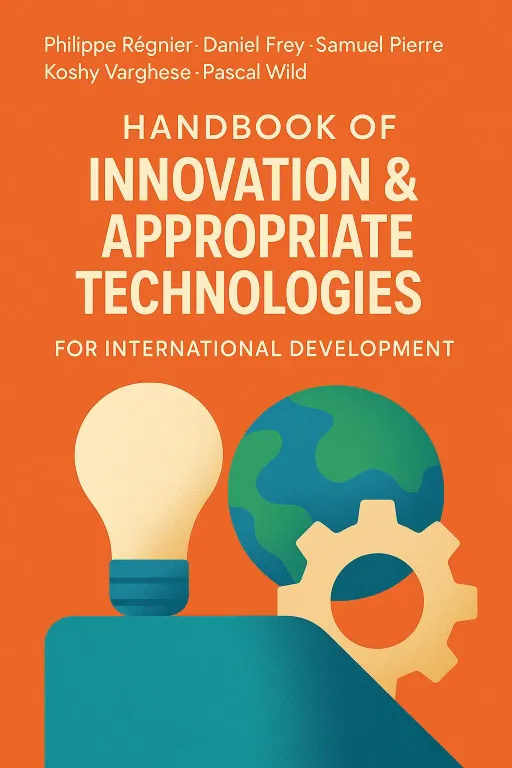
Handbook of Innovation & Appropriate Technologies for International Development
Philippe Régnier; Daniel Frey; Samuel Pierre; Koshy Varghese; Pascal Wild
This comprehensive handbook explores the evolution and application of appropriate technologies for international development. It delves into the historical roots of the concept, from Gandhi and Schumacher to modern interpretations like frugal innovation and participatory design. Featuring contributions from leading experts, the book examines the role of emerging economies, recent technological advancements, and ethical considerations in fostering sustainable and equitable development worldwide. It offers insights into how innovation can address global poverty and improve lives in low-income settings, making it an essential resource for academics, practitioners, and students.
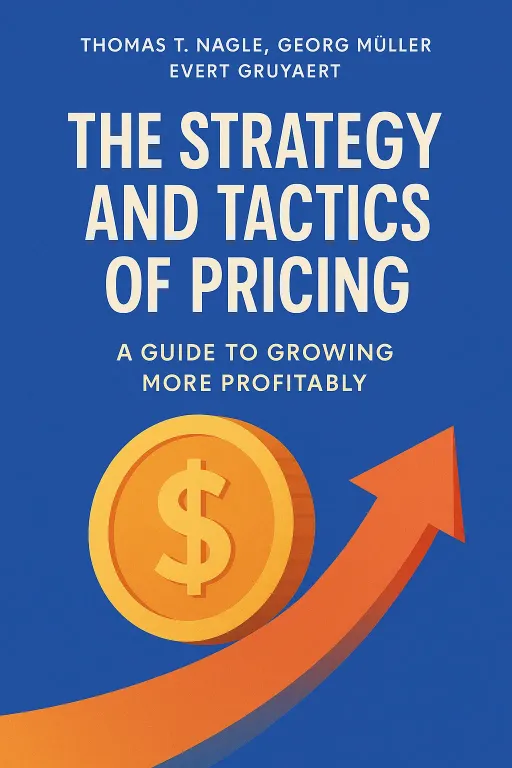
The Strategy and Tactics of Pricing
Thomas T. Nagle
This influential guide provides a comprehensive framework for strategic pricing, moving beyond simple cost-plus models to value-based approaches. It equips managers and professionals with the tools to proactively influence customer perceptions of value, manage costs, and profitably shift demand curves. The 7th edition incorporates modern challenges like economic uncertainty, inflation, AI, and behavioral economics, offering practical strategies and case studies for achieving commercial excellence and sustainable growth in today's dynamic markets.